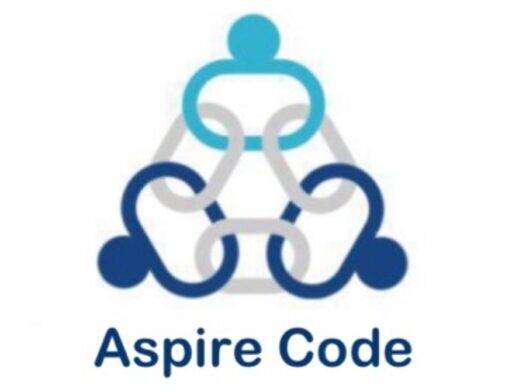In today’s competitive job market, standing out from the crowd is essential. One effective way to differentiate yourself is through personal branding. Your personal brand is a reflection of your unique skills, experiences, and values that set you apart from other candidates. In this blog post, we’ll explore the importance of personal branding and provide practical tips on how to effectively showcase your value to employers.
Why Personal Branding Matters
Personal branding is not just about self-promotion; it’s about defining and communicating what makes you unique and valuable to potential employers. In a sea of resumes and job applications, a strong personal brand can capture the attention of hiring managers and leave a lasting impression. It helps you establish credibility, build trust, and position yourself as an expert in your field.
Identifying Your Unique Value Proposition
The first step in developing your personal brand is identifying your unique value proposition (UVP). What skills, experiences, and qualities make you stand out? Take some time to reflect on your strengths, accomplishments, and career goals. Consider what sets you apart from others in your industry and how you can leverage these strengths to add value to an organization.
Crafting Your Personal Branding Toolkit
Once you’ve identified your UVP, it’s time to craft your personal branding toolkit. This toolkit may include your resume, LinkedIn profile, portfolio, professional website, and social media presence. Ensure that each element of your toolkit is consistent, cohesive, and tailored to your personal brand. Use compelling language and visuals to effectively communicate your value proposition and showcase your expertise.
Building Your Online Presence
In today’s digital age, your online presence plays a crucial role in shaping your personal brand. Make sure your LinkedIn profile is complete and up-to-date, with a professional photo and compelling headline. Use your LinkedIn summary to highlight your key skills, accomplishments, and career aspirations. Additionally, consider creating a personal website or blog where you can showcase your work, share industry insights, and demonstrate your expertise.
Networking and Thought Leadership
Networking is another important aspect of personal branding. Attend industry events, join professional organizations, and connect with others in your field both online and offline. Share your knowledge and expertise by participating in discussions, writing articles, and giving presentations. By positioning yourself as a thought leader in your industry, you can further enhance your personal brand and attract the attention of potential employers.
Conclusion
In conclusion, personal branding is a powerful tool for showcasing your unique value to employers. By identifying your unique value proposition, crafting a cohesive personal branding toolkit, building your online presence, and actively networking, you can differentiate yourself in the job market and attract opportunities that align with your career goals. Invest the time and effort to develop and nurture your personal brand, and watch as doors begin to open in your professional journey.

